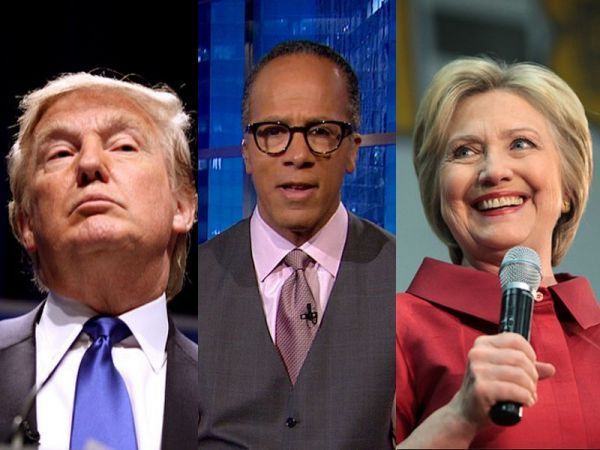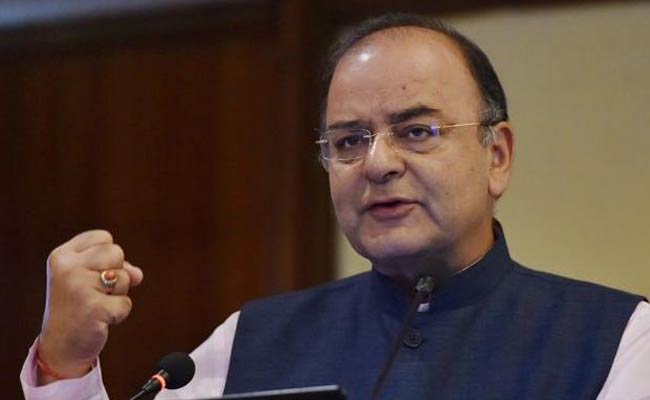When the history of the 21st century is written, 8 November, 2016 will be marked as a day when the worst nightmare of liberal internationalists came true with the election of the 45th President of the United States: Donald John Trump. The road from here to a global free-for-all is not far. All that would take is for Trump to carry out a small fraction of his foreign policy promises – if one can indeed call fragmentary, contradictory, stream-of-consciousness statements as such.
What President Trump means for India has already been dissected to the point where adding anything new becomes impossible, on either side of the ledger – Trump as “positive” or “negative” when it comes to India. And as umpteen commentators have already noted, the broad bipartisan support for India is something no American president can overturn overnight. Having said that the challenge for India does not lie in dealing with Trump’s India-specific policies. It lies with fire-fighting contingencies and spill-overs from his Administration’s policies elsewhere.
Key among them would be his handling of China, Russia, and the Middle East. If President Trump was also to withdraw long-standing security support for Europe and Japan, India will be inevitably drawn in, as opportunities or threats.
The main challenge emanating from Trump lies elsewhere, at a more fundamental level, in his desire to do two contradictory things at once. On one hand, his has been a stance of neo-isolationism, a nod to the American isolationists of the late 1930s, between the two world wars. On the other hand, he wants to maintain American leadership in the international system which – as Americans since President Woodrow Wilson have understood – often imply the deployment of diplomacy and force for causes far removed from the shores of the Atlantic or the Pacific.
























